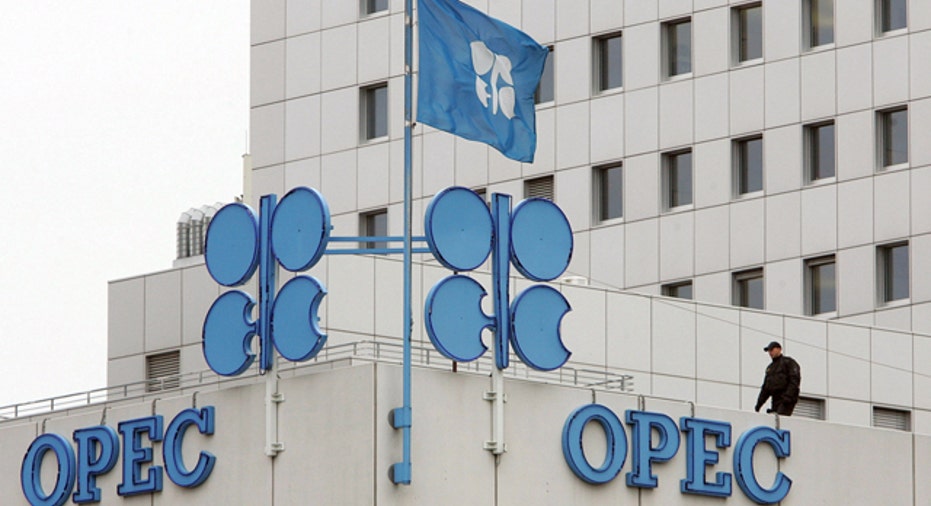OPEC Cites Brexit Risk to Global Oil Demand and Economy

The U.K.'s vote to leave the European Union poses risks to global economic growth and oil demand in Europe, OPEC said Tuesday.
The Organization of the Petroleum Exporting Countries downgraded its forecast of global economic growth in 2017 to 3% from 3.1%, and said growth in the eurozone would slow to 1.2% instead of 1.5% in 2016.
The cartel didn't change its overall assessment of oil demand growth in 2017, forecasting new demand of 1.2 million barrels a day. That is the same as 2016 and around 300,000 barrels a day above the last 10 years' average.
But economic growth and demand for OPEC's main product--crude oil--are tied together.
European oil demand "faces substantial downside risks...as a result of uncertainties related to the region's economy, resulting from the U.K. referendum, among other challenges," the group's Vienna-based research department said in its monthly report.
OPEC, which controls more than a third of the world's oil supply, said production from countries outside the cartel will fall this year by 880,000 barrels a day from 2015 to 56.03 million barrels a day this year. The downward revision of 140,000 barrels a day was mainly because of lower output in Canada and the U.S.
Non-OPEC oil supply in 2017 is projected to decline by 110, 000 barrels a day, to average 55.92 million barrels a day, OPEC said.
OPEC now has 14 members since Gabon was added in June. Together, the group pumped 32.86 million barrels a day in June, 264,1000 barrels a day higher than a month earlier, primarily on higher production from Nigeria, Iran and Saudi Arabia.
The organization said it expects demand for its oil to reach 31.9 million barrels a day this year. For 2017, it expects oil demand to be 33 million barrels a day, 1.1 million barrels higher than in 2016.
Write to Summer Said at summer.said@wsj.com



















